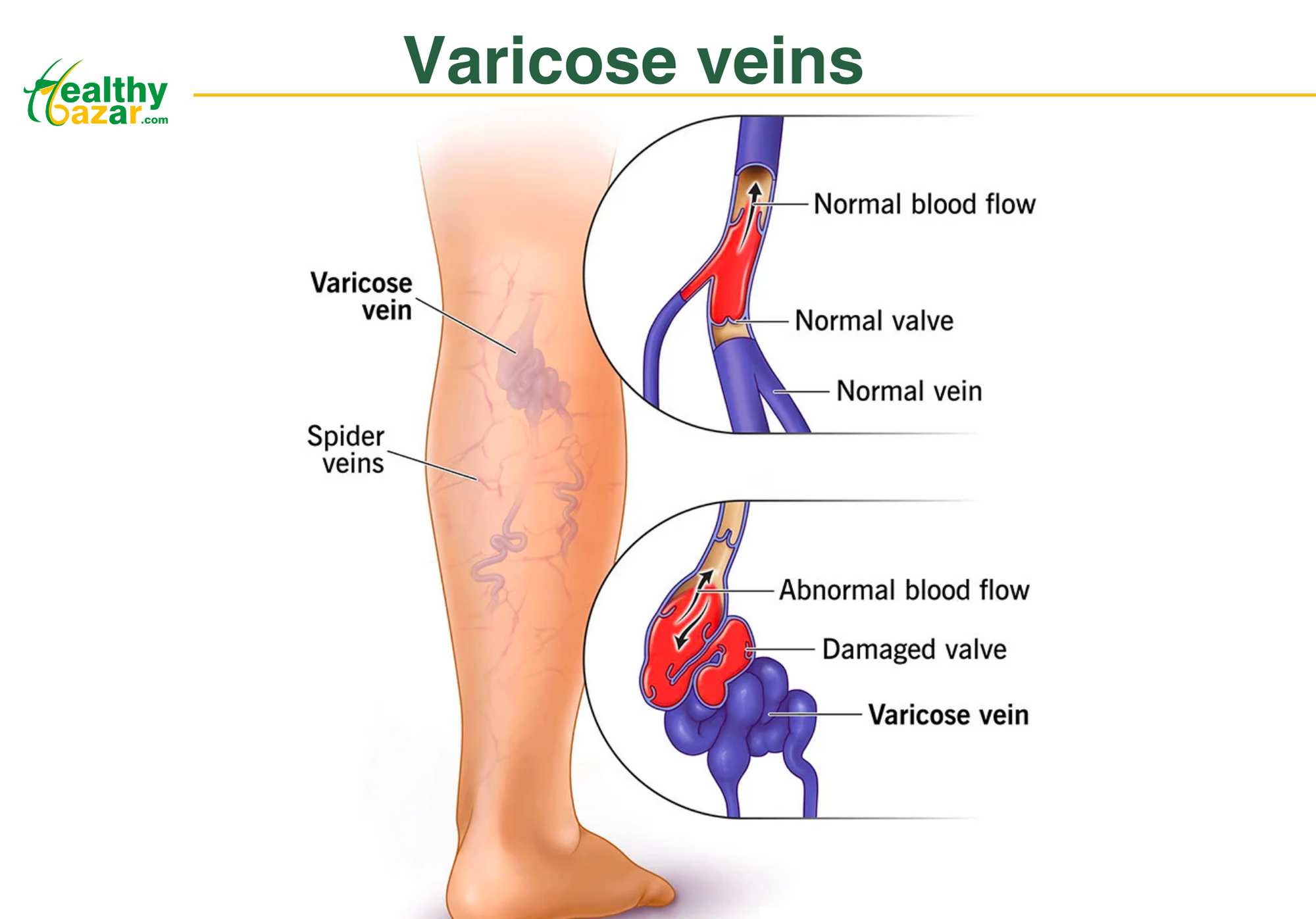 Where should we deliver your order?
Where should we deliver your order?Effective Ayurvedic Remedies for Varicose Veins: A Comprehensive Guide

Varicose veins are a common circulatory issue that occurs when the veins become enlarged, twisted, and swollen. They usually appear in the legs and can cause discomfort, pain, and aesthetic concerns. While conventional treatments exist, Ayurveda, the ancient Indian system of medicine, offers holistic remedies that can help alleviate the symptoms of varicose veins naturally. In this comprehensive guide, we will explore effective Ayurvedic remedies for varicose veins that can provide relief and promote overall well-being.
Understanding Varicose Veins in Ayurveda
According to Ayurveda, varicose veins are primarily attributed to an imbalance in the "Vata" and "Kapha" doshas, which govern the circulatory and structural aspects of the body, respectively. When these doshas are imbalanced, it can lead to poor blood circulation and weakened veins. Ayurveda aims to restore harmony in the body through a combination of dietary changes, herbal remedies, and lifestyle adjustments.
Effective Ayurvedic Remedies
1. Dietary Modifications: Ayurveda emphasizes the importance of a balanced and nourishing diet to address varicose veins. Include foods that promote digestion and enhance blood circulation. Fiber-rich foods like whole grains, fresh fruits, and vegetables can help prevent constipation and support healthy digestion.
2. Herbal Remedies: - Gotu Kola (Centella asiatica): This herb is known for its ability to strengthen blood vessels and improve circulation. It can be consumed in the form of herbal teas, supplements, or topical creams.
- Triphala: A combination of three fruits, Triphala helps regulate digestion and cleanse the body, promoting better circulation.
- Guggul: This resin is effective in reducing inflammation and promoting healthy blood flow.
- Ashwagandha (Withania somnifera): This adaptogenic (plants and mushrooms that help your body respond to stress, anxiety, fatigue and overall wellbeing) herb can help manage stress, which is often linked to varicose veins.
Also read: How to Maintain a Healthy Gut Microbiome
3. External Therapies:
- Massaging with Ayurvedic Oils: Regularly massaging the affected areas with warm sesame or coconut oil can improve circulation, reduce pain, and promote relaxation.
- Alternate Hot and Cold Compresses: This technique can help stimulate blood flow and strengthen blood vessels. Apply a hot compress for a few minutes, followed by a cold compress for a minute.
4. Yoga and Exercise:
- Pawanmuktasana (Wind-Relieving Pose): This yoga posture helps improve digestion and alleviate gas, reducing pressure on the veins.
- Viparita Karani (Legs-Up-The-Wall Pose): This pose encourages blood circulation from the legs back to the heart, reducing swelling and discomfort.
- Walking: Regular walking can promote healthy blood flow and prevent the stagnation of blood in the veins.

5. Lifestyle Adjustments:
- Elevate Legs: Elevating your legs above the heart level while resting can help reduce swelling and improve blood flow.
- Stay Hydrated: Drinking an adequate amount of water throughout the day supports overall circulation and prevents dehydration, which can exacerbate vein issues.
Also read: Panchakarma in Ayurveda: Rejuvenating the Body, Mind, and Spirit
Conclusion:
Ayurveda offers a holistic approach to managing varicose veins by addressing the causes and imbalances within the body. These effective remedies, including dietary changes, herbal interventions, external therapies, yoga, and lifestyle adjustments, can work together to alleviate discomfort, improve blood circulation, and promote overall well-being. However, it's essential to consult with a qualified Ayurvedic practitioner before starting any new regimen, especially if you have existing health conditions or are taking medications. By integrating these Ayurvedic practices into your daily routine, you can take significant steps towards finding relief from varicose veins the natural way.



 4
4





























